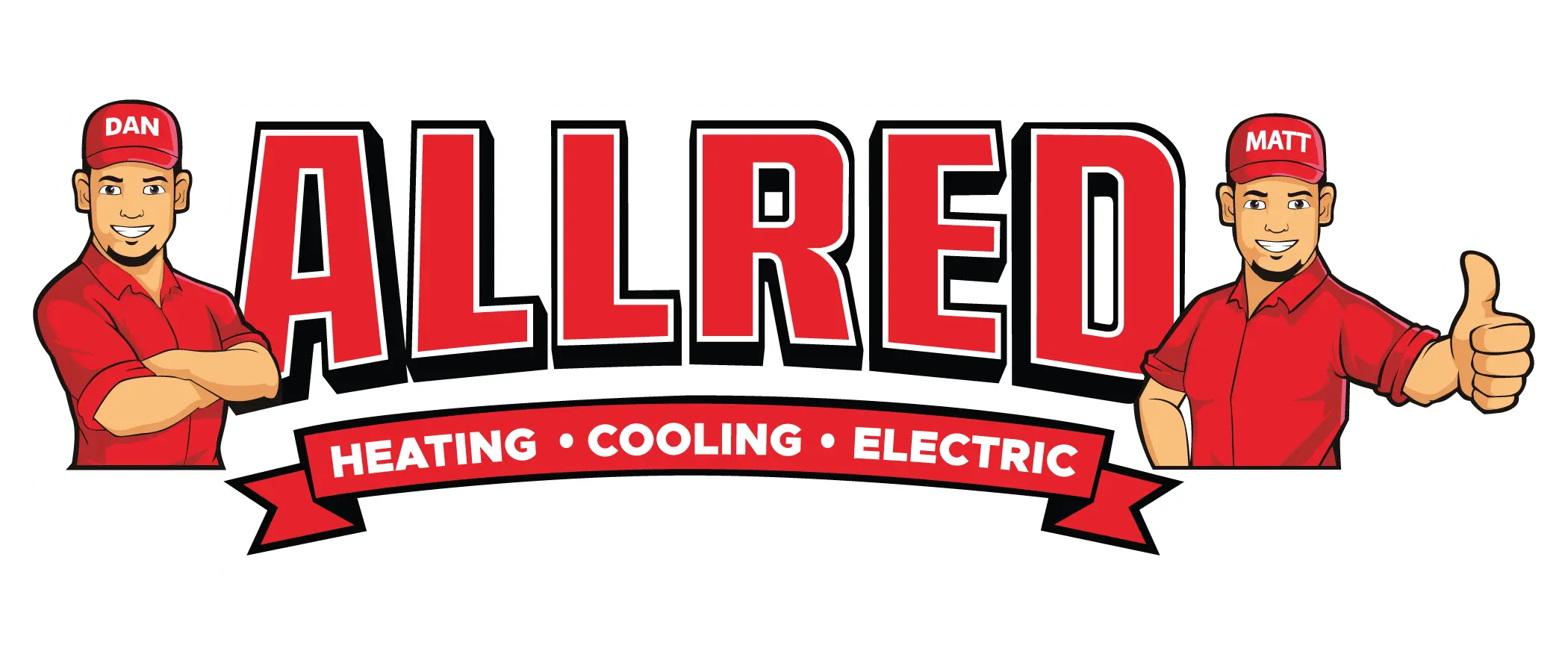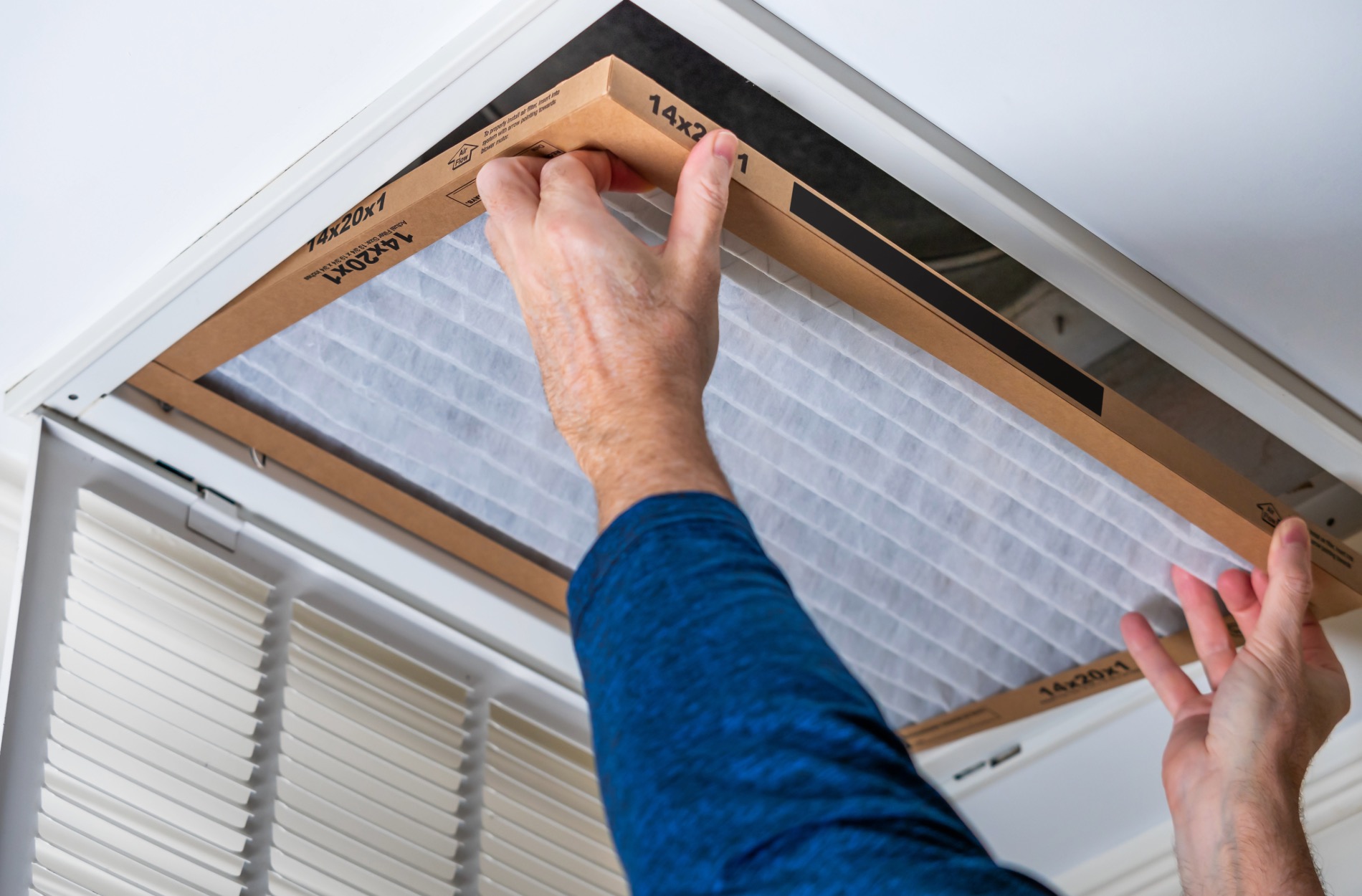Regular HVAC maintenance is essential for keeping your heating and cooling systems running efficiently. It involves a comprehensive inspection and various checks performed by skilled professionals. By understanding what our technicians look for during routine maintenance, you can appreciate the value these services provide to your home’s comfort and safety.
Inspecting and Cleaning Components
One of the first steps our HVAC technicians take during routine maintenance is inspecting and cleaning your system’s components. Dust and debris can accumulate in various parts, hindering performance and efficiency. Our professionals focus on several key areas:
1. Filters: Air filters are crucial for maintaining indoor air quality. We inspect them for dirt and debris and replace them if necessary. Clean filters improve airflow and efficiency.
2. Coils: Both the evaporator and condenser coils need to be clean to function properly. Our technicians remove any buildup to keep the coils efficient.
3. Blower Components: The blower helps circulate air throughout your home. Dust on the blower wheel or motor can impact its performance. We ensure these elements are clean and lubricated if needed.
Cleaning these components not only improves your system’s efficiency but also extends its lifespan. It also helps to maintain consistent comfort levels in your home.
Checking for Proper Functionality
After ensuring all key components are clean, our technicians move on to checking for proper functionality. This stage involves a comprehensive review of your HVAC system to identify any potential issues. Key checks include:
1. Thermostat Settings: We check that the thermostat is calibrated correctly and set to your desired temperature. Improper settings can lead to uneven heating or cooling.
2. Electrical Connections: Faulty or loose electrical connections can cause system failures. Our professionals inspect wiring and connections to ensure they are secure and functioning correctly.
3. System Cycling: We observe the system’s start cycle, operation, and shutdown process. This helps us identify any irregularities in performance, such as short cycling or extended run times.
4. Refrigerant Levels: Proper refrigerant levels are essential for the efficient operation of heat pumps and mini split systems. Our technicians check for adequate refrigerant and refill if necessary.
By thoroughly checking these functional aspects, we can address any issues before they escalate into more significant problems, ensuring your HVAC system operates smoothly.
Evaluating System Efficiency
Another crucial step during routine HVAC maintenance is evaluating system efficiency. Ensuring that your HVAC system operates at peak efficiency can significantly reduce energy consumption and enhance overall performance. Our professionals focus on several key areas to determine efficiency:
1. Airflow Check: Proper airflow is essential for the optimal functioning of your HVAC system. Our technicians measure the airflow and make necessary adjustments to ensure it meets the manufacturer’s specifications.
2. Ductwork Inspection: Leaks or blockages in the ductwork can severely impact efficiency. We inspect the ductwork for any signs of damage or obstructions and seal any leaks found.
3. Performance Testing: By running performance tests, our technicians can pinpoint inefficiencies and identify areas that need improvement. This may involve checking the temperature differential between supply and return air, inspecting the blower motor performance, and evaluating the overall system pressure.
Evaluating system efficiency helps us provide you with recommendations to optimize your heating and cooling system. These steps ensure your HVAC system runs efficiently, which can save you money on energy bills while maintaining a comfortable indoor environment.
Safety Checks and Final Adjustments
Safety is a top priority during our routine HVAC maintenance visits. After thoroughly inspecting and evaluating your system’s functionality and efficiency, our technicians perform essential safety checks and make final adjustments. Key safety measures include:
1. Gas Line and Burner Inspection: For systems that use gas, our professionals inspect gas lines and burners for leaks, corrosion, and proper ignition. This ensures your system operates safely and efficiently.
2. Electrical Safety: We check all electrical components, including wiring, circuits, and connections, to ensure they are safe and free from potential hazards. This step helps prevent electrical malfunctions and keeps your system running smoothly.
3. Carbon Monoxide Testing: Carbon monoxide leaks can pose a serious risk. Our technicians test for carbon monoxide to ensure that there are no harmful leaks within your HVAC system.
After completing safety checks, we make any final adjustments needed to optimize your system’s performance. This may include tightening connections, calibrating controls, and verifying that all parts are working harmoniously. Through these thorough checks and adjustments, we confirm that your HVAC system is both safe and efficient.
Conclusion
Routine HVAC maintenance is vital to keeping your heating and cooling systems in top condition. By thoroughly inspecting and cleaning components, checking for proper functionality, evaluating system efficiency, and performing safety checks, our professionals ensure that your HVAC system runs smoothly and safely. These essential steps help you maintain a comfortable and efficient home environment year-round.
If you’re ready to ensure your HVAC system operates at its best, contact Allred Heating Cooling Electric LLC today. Our skilled professionals are here to provide top-notch HVAC maintenance in Auburn tailored to your needs. Schedule your appointment now and experience the benefits of a well-maintained HVAC system.











